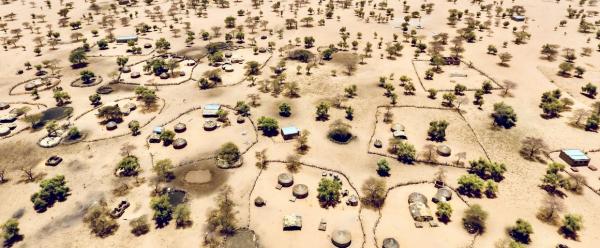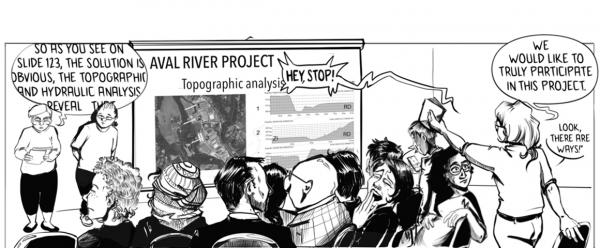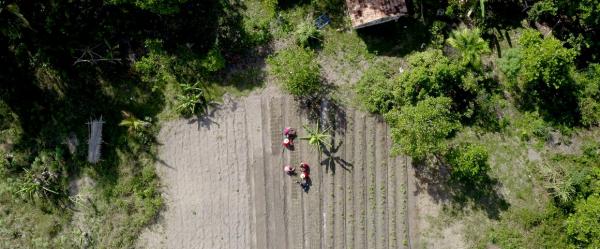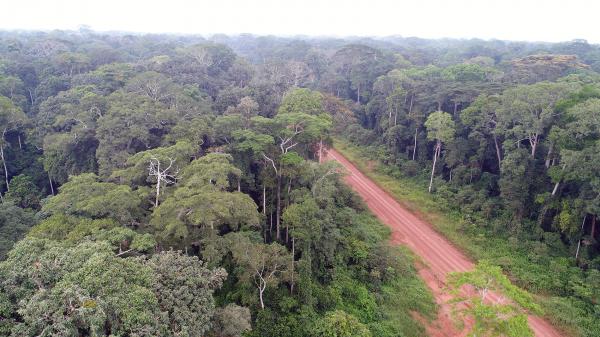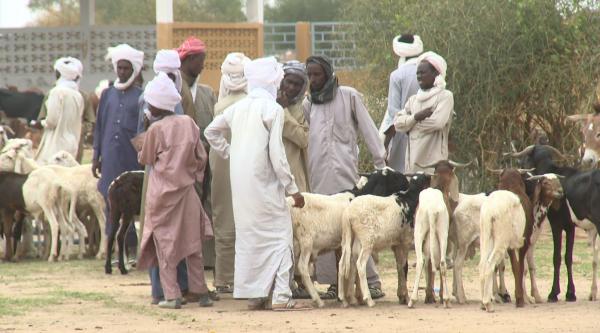Expert view 25 April 2024
- Home
- Our activities, our impact
- Priority research topics
- Territory-based approaches

Territory-based approaches
The success of transitions, whether current (population, climate, health, food, etc) or desirable (agro-ecology, energy, environment, nutrition, etc), often relies on awareness of the range of local realities, hence on adopting territorial approaches. Such approaches are particularly relevant in the global South, due to the intensity of the challenges faced and to institutional shortcomings, which call for greater coordination of national policy and local dynamics.
The priority for CIRAD is to integrate territorial levels more effectively and to make use of the dynamics at play on those levels. By territory, we mean a multifunctional mesosystem that is both a social and economic construct and a coherent, multifunctional biophysical space within which various ecosystems (natural, artificial, agricultural, etc), sectors and economic players (agricultural and non-agricultural, rural and urban) interact. These interactions and coherence between various levels and interests (public, common and private; local, national and global) structure the building of sustainable development. A territory is defined by issues and needs, ranging from those of a catchment area or a community to those of a region, country or cross-border zone.
There are several principles that guide territorial approaches, for which CIRAD, hand in hand with its partners, has developed methods and tools and made them available to others:
- shared aims (changes to be made, access to new resources, assets or capital, protection of others) that warrant the collective action to be taken, and definition of an appropriate territorial perimeter, validated by the various players;
- effective involvement of stakeholders, fostered by action research approaches, participation tools and support of collective action;
- awareness and shared recognition of the diversity of stakeholders, the physical realities of the territory and the timeframe for change;
- recognition of the exploratory, iterative nature of the approach and of the need for learning and knowledge sharing, particularly as regards standards (regulatory frameworks, policies and change support measures) and dynamics within the territory (the various players' strategies, power games, etc);
- support of change processes beyond micro-scales (farm, processing workshop, household, etc) linked to partnerships with other players and sectors.
























